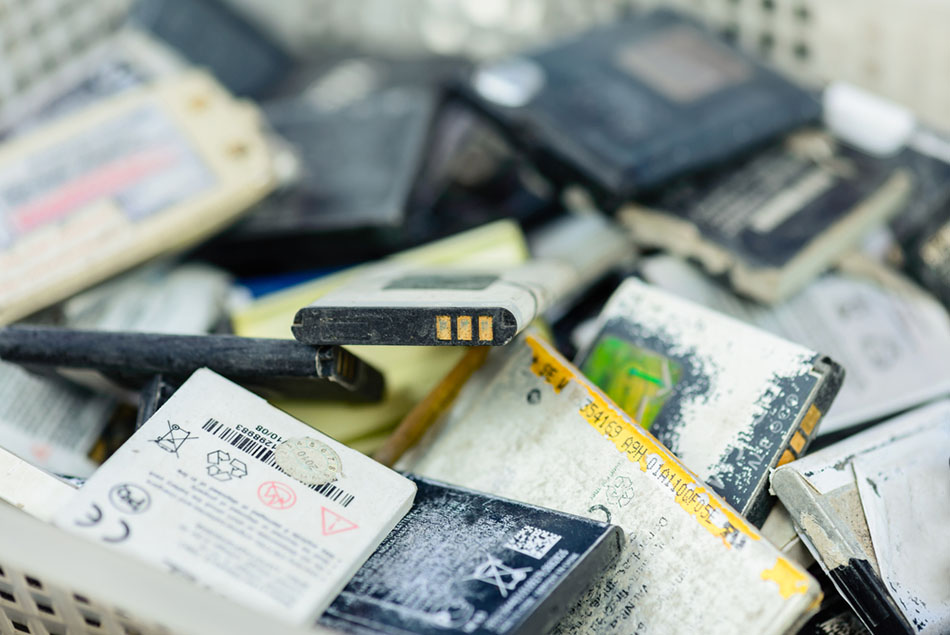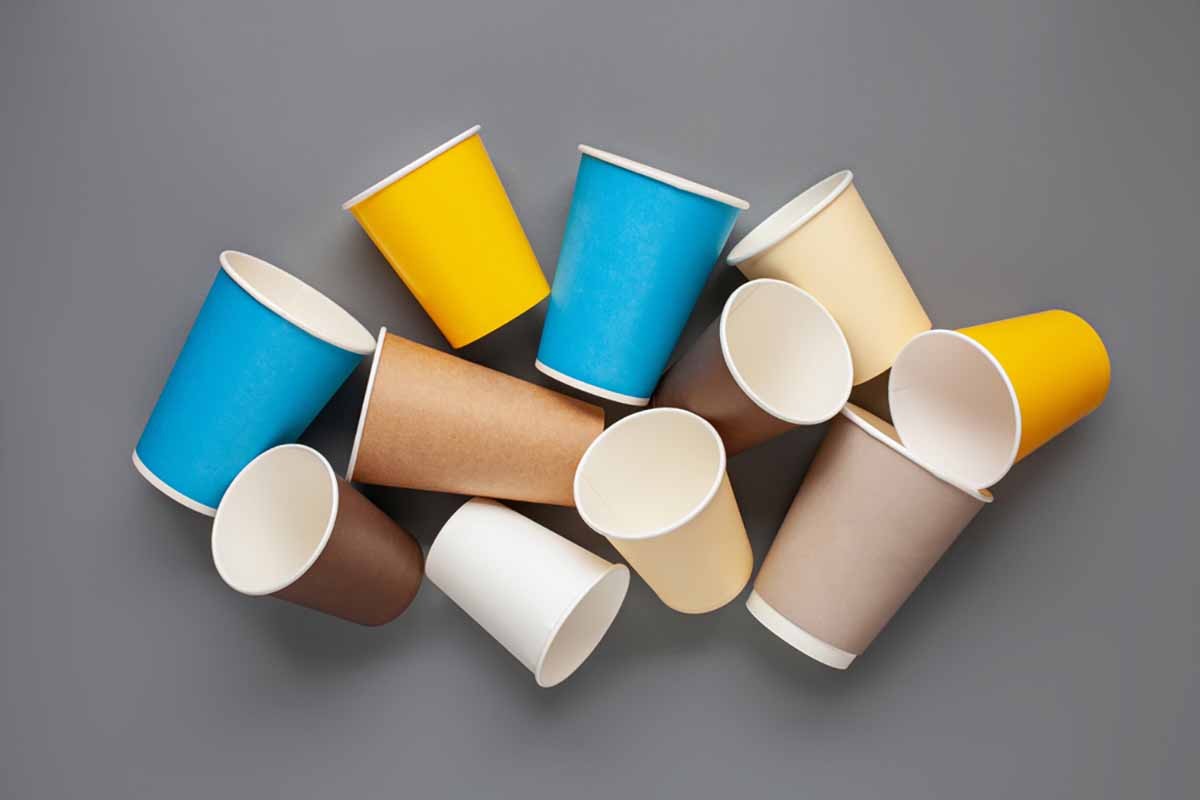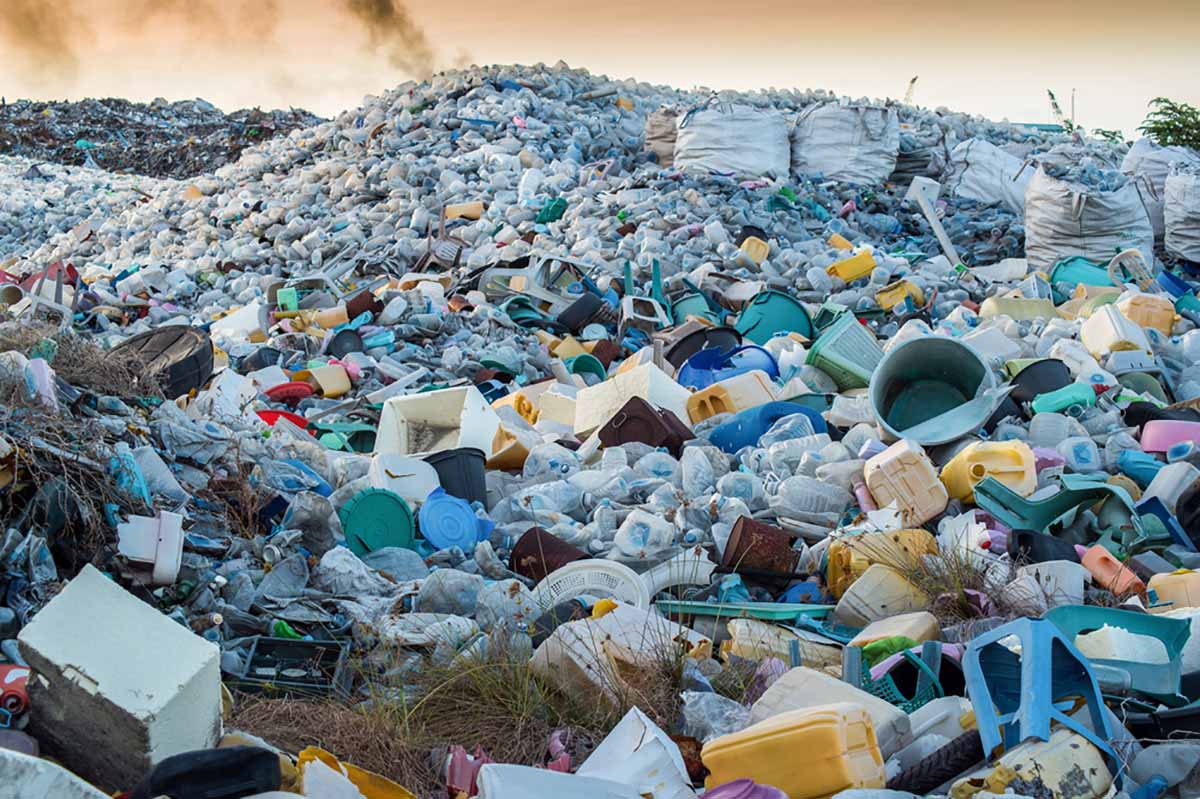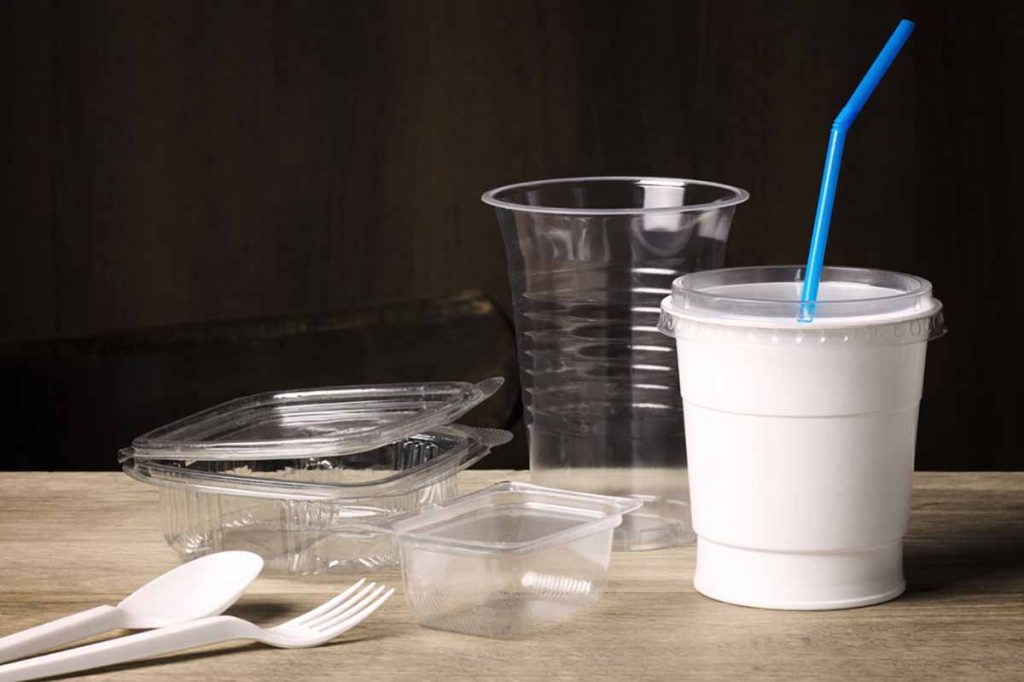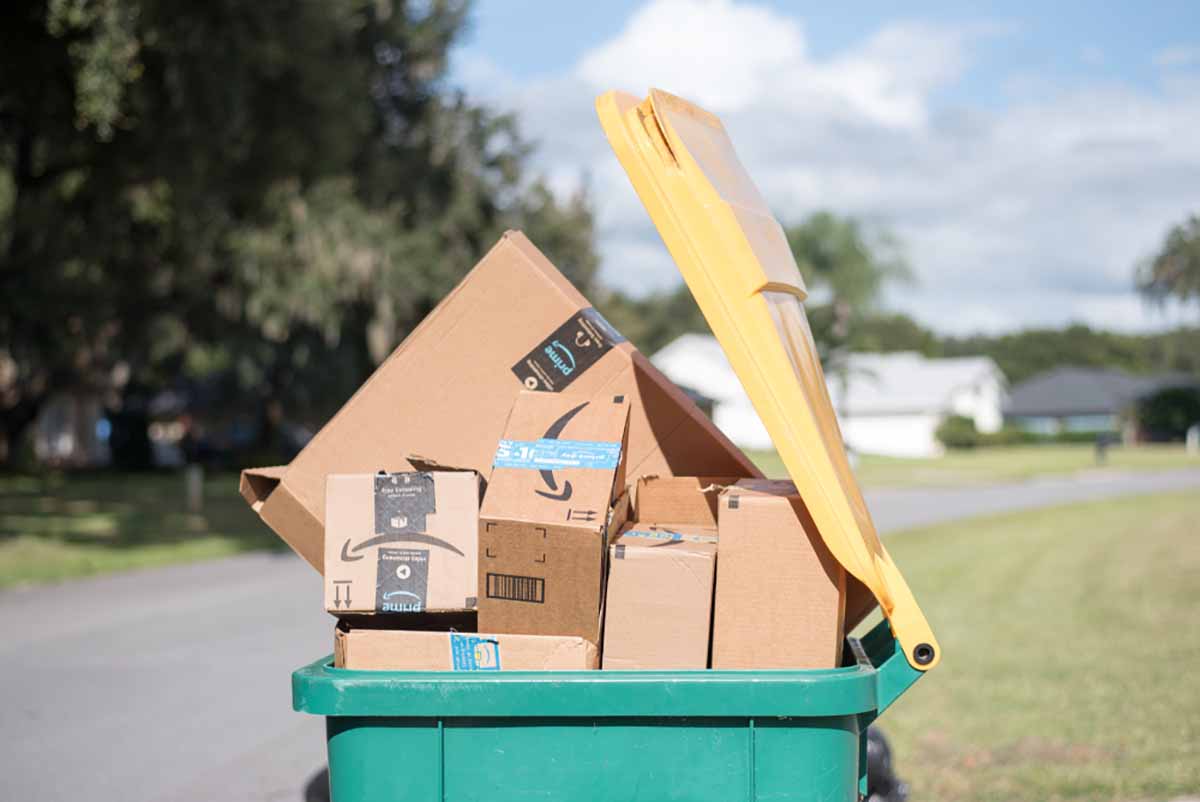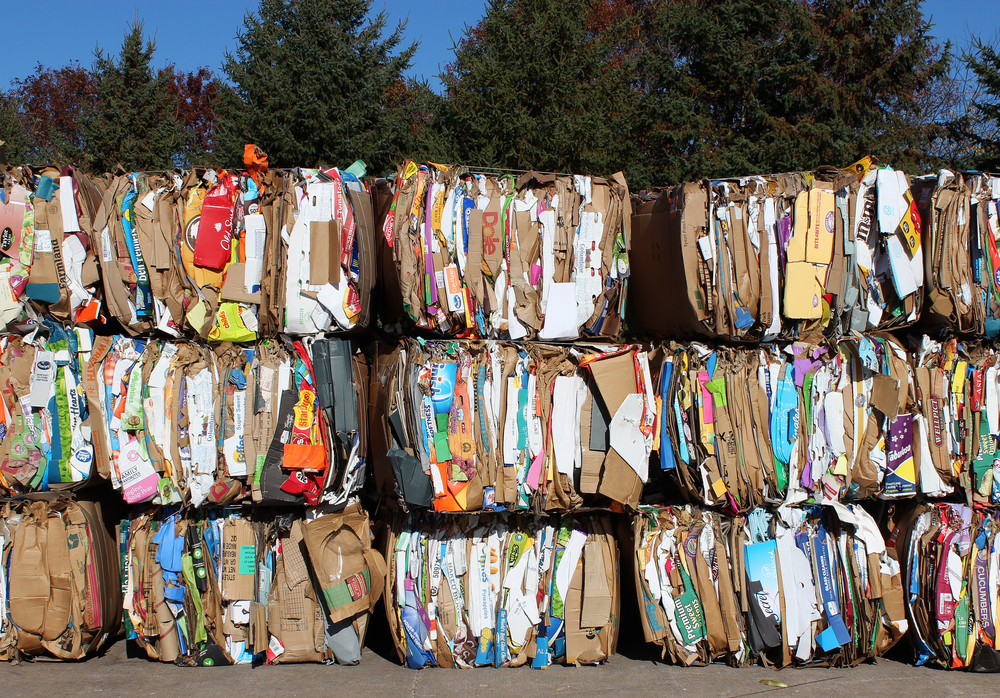
According to one analyst, domestic demand for OCC was up about 6% during the first five months of 2020. | digitalreflections/Shutterstock
Supply and demand realities for key curbside materials are evolving fast, impacted by the coronavirus pandemic, domestic processing capacity increases and other key trends, according to two experts. Continue Reading


 Colin Staub was a reporter and associate editor at Resource Recycling until August 2025.
Colin Staub was a reporter and associate editor at Resource Recycling until August 2025.